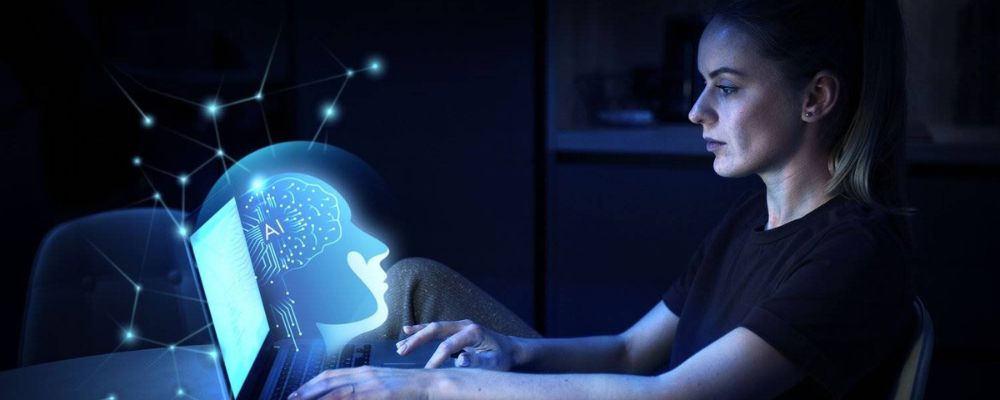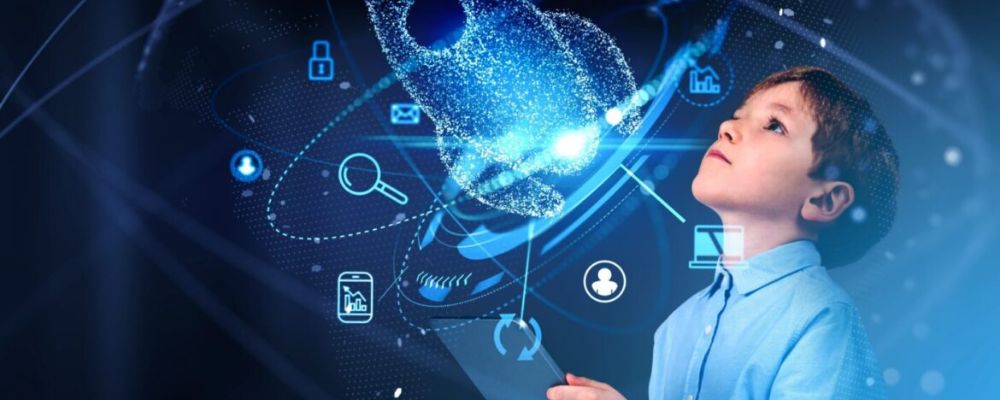
The entertainment industry is undergoing a radical transformation, driven by advancements in artificial intelligence (AI). Leading companies like Netflix and Disney are leveraging AI to enhance viewer experiences, optimize content creation, and streamline operations. This blog explores how AI is revolutionizing the entertainment sector and the specific innovations implemented by these industry giants.
The Role of AI in the Entertainment Industry
AI technologies are reshaping the entertainment landscape by enabling personalized content recommendations, improving production processes, and creating immersive experiences. Here’s a closer look at some of the key applications of AI in the entertainment industry:
Content Recommendation Engines:
AI-driven recommendation engines are crucial for platforms like Netflix and Disney+. By analyzing user data, these engines suggest personalized content to keep viewers engaged. This not only enhances the user experience but also increases viewer retention rates.
Content Creation and Production:
AI tools are being used to streamline the content creation process. From scriptwriting assistance to video editing and special effects, AI helps reduce production time and costs while maintaining high-quality output.
Audience Analytics:
AI-powered analytics tools provide deep insights into audience behavior and preferences. This data helps entertainment companies make informed decisions about content development, marketing strategies, and distribution channels.
Enhanced Viewing Experiences:
AI is also being used to create immersive viewing experiences through virtual reality (VR) and augmented reality (AR). These technologies are revolutionizing how audiences interact with content.
Netflix: Pioneering AI in Streaming
Netflix is at the forefront of using AI to enhance its streaming service. Here are some of the innovative ways Netflix utilizes AI:
Personalized Recommendations:
Netflix’s recommendation algorithm analyzes user behavior, viewing history, and preferences to suggest relevant content. This AI-driven personalization keeps viewers engaged and encourages longer viewing sessions.
Content Creation:
Netflix uses AI to analyze data and predict the success of new content. This helps in making decisions about which shows and movies to produce or acquire. For instance, the success of Netflix’s original series “House of Cards” was partly due to data-driven insights about viewer preferences.
Marketing Optimization:
Netflix employs AI to optimize its marketing campaigns. By analyzing viewer data, AI helps in targeting the right audience with personalized trailers and promotional materials, increasing the effectiveness of marketing efforts.
AI-Enhanced Streaming Quality:
Netflix uses AI to optimize streaming quality based on network conditions and device capabilities. This ensures that users experience the best possible video quality, even with varying internet speeds.
Content Localization:
AI helps Netflix localize content for global audiences by providing high-quality translations and subtitles. This enables Netflix to cater to diverse linguistic and cultural preferences, expanding its reach and viewership.
Disney: Embracing AI for Magical Experiences
Disney, a leader in the entertainment industry, is leveraging AI to create magical experiences for its audiences. Here are some examples of Disney’s AI innovations:
AI in Animation:
Disney uses AI to enhance animation quality and streamline the animation process. AI tools assist animators in creating lifelike characters and realistic movements, reducing the time required for production.
AI-Driven Attractions:
In Disney theme parks, AI powers interactive attractions and experiences. For instance, AI-driven animatronics bring characters to life, providing visitors with immersive and engaging experiences.
Content Personalization:
Disney+ employs AI to personalize content recommendations for its subscribers. Similar to Netflix, this AI-driven approach helps in keeping viewers engaged by suggesting shows and movies based on their viewing habits.
Predictive Analytics for Theme Parks:
Disney uses AI to predict crowd patterns and optimize visitor flow in its theme parks. This helps in managing wait times for attractions, enhancing the overall guest experience.
AI in Storytelling:
AI assists Disney’s creative teams in developing storylines and characters. By analyzing vast amounts of data from past films and audience reactions, AI helps create compelling and relatable content.
Other Notable AI Innovations in Entertainment
While Netflix and Disney are leading the way, other entertainment companies are also making significant strides in AI adoption:
Warner Bros.:
Warner Bros. uses AI to predict box office success and optimize movie marketing. By analyzing historical data, AI models forecast audience responses and help in strategic decision-making.
Sony:
Sony employs AI in music production, using AI algorithms to compose and produce music tracks. This technology allows for innovative and creative compositions that cater to diverse audience tastes.
Amazon Prime Video:
Amazon Prime Video uses AI for content recommendations, similar to Netflix. Additionally, AI-driven insights help in content acquisition and production decisions, ensuring a diverse and appealing content library.
Spotify:
Spotify uses AI to curate personalized playlists and discover new music for its users. AI-driven algorithms analyze listening habits, preferences, and contextual factors to deliver tailored music recommendations.
HBO Max:
HBO Max employs AI to enhance its recommendation system and improve user experience. AI-driven insights help HBO Max curate content that resonates with its audience, increasing viewer engagement.
Universal Pictures:
Universal Pictures uses AI to optimize movie trailers and marketing campaigns. AI analyzes audience reactions and preferences to create compelling promotional materials that attract viewers.
Conclusion
The integration of AI in the entertainment industry is driving innovation and transforming how content is created, distributed, and consumed. Companies like Netflix and Disney are at the forefront of this revolution, leveraging AI to deliver personalized experiences, streamline production processes, and create immersive content. As AI technology continues to advance, we can expect even more groundbreaking innovations in the entertainment sector, enhancing the way we enjoy movies, shows, and interactive experiences.
By embracing AI, the entertainment industry is not only improving efficiency and creativity but also setting new standards for how audiences interact with and consume content. The future of entertainment is undoubtedly intertwined with AI, promising exciting developments and endless possibilities.






